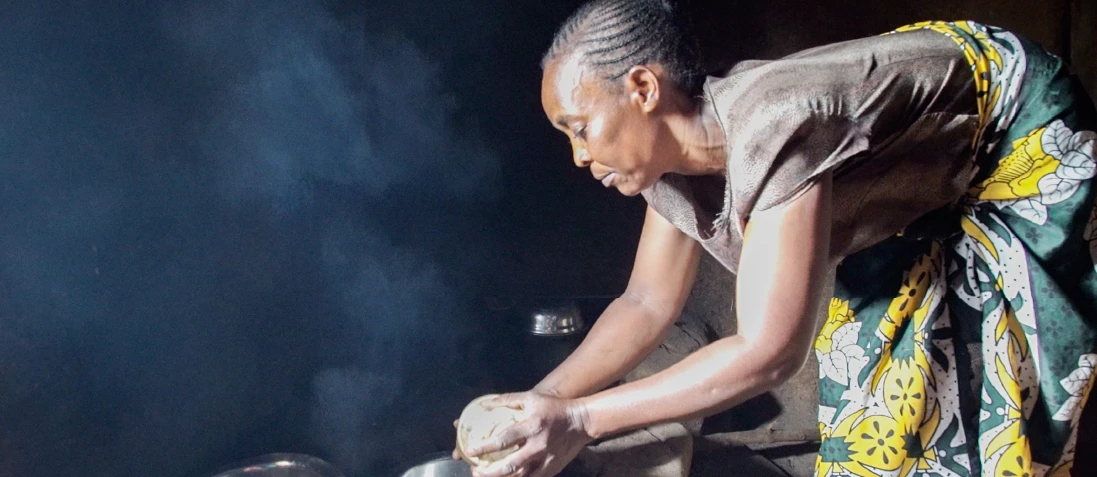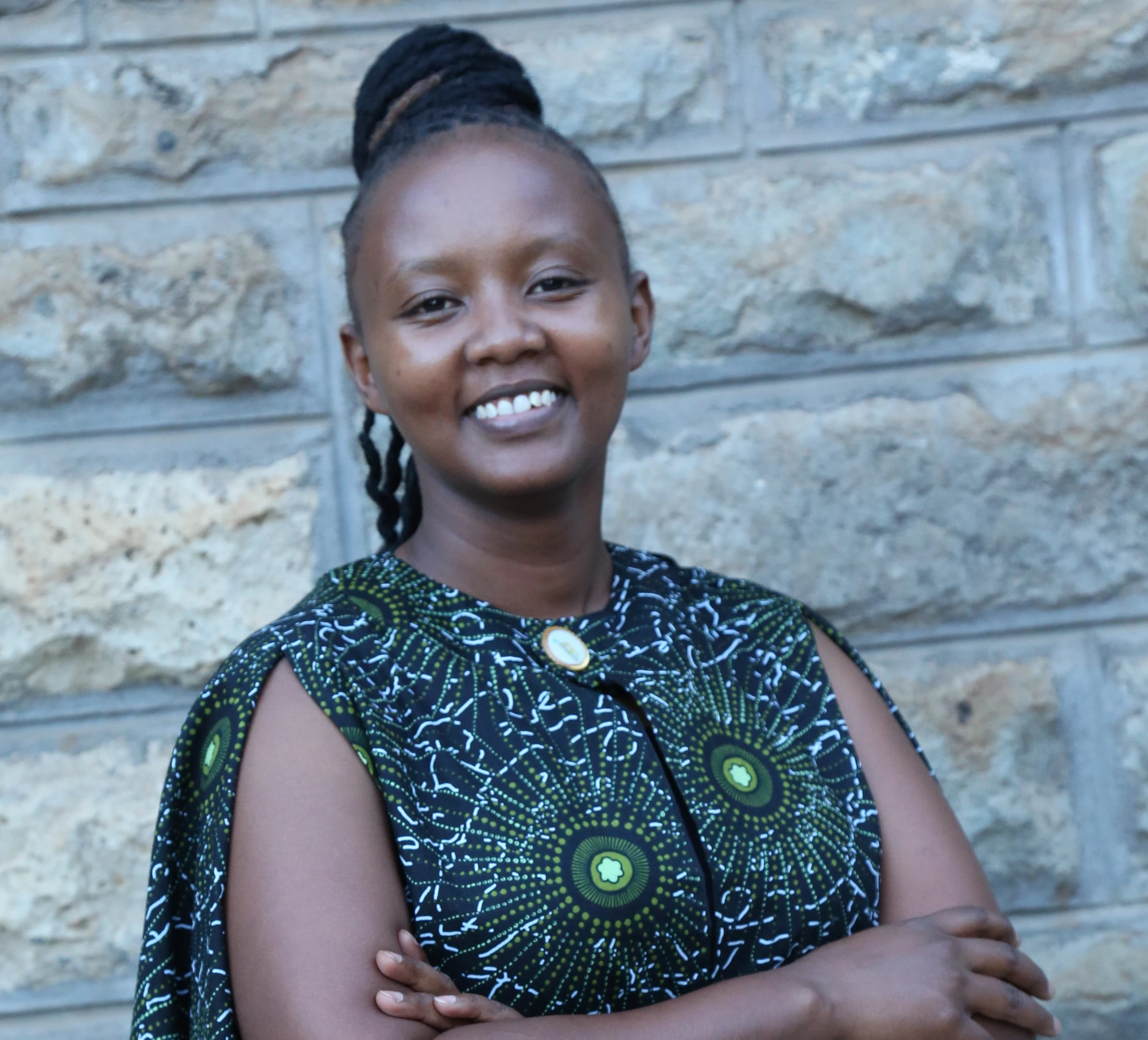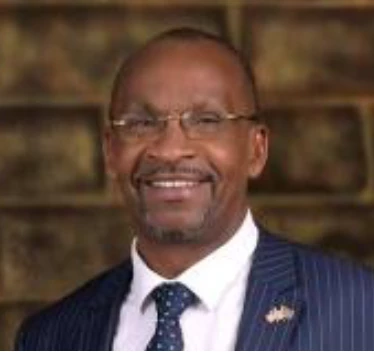 Photo: Peter Kapuscinski / World Bank
Photo: Peter Kapuscinski / World Bank
As a city that derives its name from a Maasai phrase meaning “cold water”, the morning of July 24, 2014 was paradoxically hot in Nairobi. Despite the heat, a group of women and men from diverse backgrounds congregated in Uhuru Park in preparation for a grand march to the Kenyan Parliament. The objective of the march was to present a petition for the enactment of the Protection Against Domestic Violence (PADV) Bill. A young woman from the Men Engage Kenya Network (MENKEN), one of many civil society organizations that had come together for this worthy cause, firmly grasped the edge of the event banner. Next to her, several men led the procession, sending a clear message of male allyship in ending domestic violence. The marchers chanted one message: “Jamii Bila Balaa,” or “a society without violence.” Despite popular support, some parliamentarians felt the bill was too intrusive of their private lives. “There is nothing like ‘sexual abuse’ between a husband and wife,” said one MP. Another member warned that “we are trying to introduce activism in our homes.” Eventually, a strong coalition of parliamentary associations and activists, with the support of international organizations, turned the tide. Reflecting on this coalition-building strategy, Hon. Priscilla Nyokabi noted that, “Legal reforms are about heavy lifting, they require many more lifters, everybody pushing from their end.”
The adoption of the PADV Act in 2015 represents just one example in the long struggle for equal rights in Kenya, started in the early 1990s. After the 1992 elections, increasing attention was given to women’s rights in the country , with gender equality permanently becoming, from that moment onwards, part of the government agenda. A new Women, Business and the Law (WBL) case study, Key Ingredients to Women’s Legal Rights in Kenya, examines enablers of this trajectory toward progress.
Key milestones included:
- 1993 — Creation of a government Task Force for the Review of Laws Relating to Women to foster women’s equal participation in society and their economic empowerment.
- 2003 — Establishment of the National Commission on Gender and Development based on recommendations from the Task Force.
- 2006 — Adoption of the Sexual Offences Act.
- 2007 — Enactment of the Employment Act.
- 2010 — Endorsement of a new Constitution establishing key rights and encouraging additional reforms toward more legal gender equality, including: securing seats for women’s political participation, landmark reforms for women’s freedom of movement, principles of nondiscrimination and equality.
- 2012—Passage of the Land Act and the Land Registration Act, increasing women’s rights over marital property.
- 2015—Passage of the Protection against Domestic Violence Act, addressing the issue of domestic violence for the first time.
This set of reforms went hand in hand with sustained and tangible positive results for women’s economic empowerment. The increase in women’s activism, employment rates, and number of seats occupied in Parliament, as well as a reduced gender wage gap, between 1992 and 2015, are clear indicators of improvement.
The case study examines enablers of this trajectory toward progress and identifies three determining factors for the successful adoption of these landmark laws promoting women’s rights in Kenya : strong evidence through data and research, broad coalitions, and the incorporation of the highest standards based on international best practice in early legal drafts. Preliminary findings from research on the economic impact of gender-based violence were used during advocacy efforts and also referenced during the deliberations in the National Assembly in support of the adoption of the PADV Act. The research estimated that Kenya could be losing about 46 billion Kenyan Shillings annually to gender-based violence, equivalent to approximately 1.1 percent of the country’s GDP . Better coordination among civil society organizations, led by the Women Empowerment Link, also maximized the advocacy impact by creating a united front for engagement with the MPs, who had themselves built strong coalitions inside the National Assembly in support of the bill. Key allies were the Kenyan Women Parliamentarian Association, Kenya Young Parliamentarians Association, and the Kenya Parliamentary Human Rights Caucus. Finally, broad coalitions are only successful if they can rally behind strong legislative drafts. Drafts are robust when they comprehensively address existing issues. This was the case for the PADV Bill, even though as adopted after several rounds of amendments, it fell short of the expectations of the original drafters, as it lacked important implementing provisions.
By focusing on the path of reforms, what motivated them, and which approaches made possible their adoption, the case study highlights lessons that can provide important insights for policy makers, advocacy groups, and international organizations involved in the pursuit of legal gender equality in Kenya and other countries. Further, it also emphasizes current potential areas of reform, with the aim of encouraging the extension of the reform trend that began in the early 2000’s.
Table 1. Women are still missing crucial rights and protections in Kenya
|
PARENTHOOD40/100 |
|
||||||||||
|
ENTREPRENEURSHIP50/100 |
|
||||||||||
ASSETS80/100 |
|
||||||||||
PENSION75/100 |
|
Source: Women, Business and the Law data.
Recent data published in Women, Business and the Law 2022 highlights several gaps in laws and regulations that still need to be addressed (see Table 1). Areas of improvement include expanding paid maternity and paternity leave to better balance childcare responsibilities; enabling women entrepreneurs to access credit without discrimination and register a business in the same way a man can; guaranteeing equal inheritance rights for female surviving spouses to secure their financial future; and accounting for periods of absence due to childcare in pension benefits. Despite opportunities to change the legislation to address these gaps, the National Assembly did not do so for example in the latest two Employment (Amendment) Acts of 2021 and 2022. Filling these gaps requires the continued participation and representation of women in public spaces and decision making, as well as the concerted effort of civil society organizations, policy makers, international organizations, and the private sector. Women, Business and the Law is committed to support future reforms by highlighting success factors across historic reforms through its brief series and stories of change.









Join the Conversation